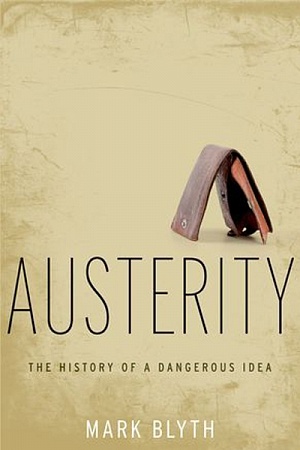Hoodie Economics: Changing our systems to value what matters
Hardie Grant Books, $34.99 pb, 203 pp
Cooperative economics
In Hoodie Economics, Jack Manning Bancroft, the founder of the Australian Indigenous Mentoring Experience (AIME), offers an outline of the organisation’s next chapter. AIME, established in 2005, paired Indigenous secondary school students with university mentors. Since 2015, AIME has begun to transition, in collaboration with PwC’s Indigenous Consulting and alliance partner Salesforce, into a learning and mentoring resource network. As the organisation’s website puts it, AIME’s latest incarnation, the IMAGI-NATION [University], is a ‘global community of problem-solvers and change-makers’ earmarked to end – intentionally – in 2033, leaving behind ‘a legacy of tools, case studies, and a healthier system for all species on earth’. In the meantime, the ‘innovative platform is set to revolutionize how we solve global challenges, fostering a community of thinkers, dreamers, and doers’. In other words, AIME has entered the economies of algorithmic data, decentralisation, and gamification.
Like Nigerian alternative jazz singer muva of Earth singing, in ‘Feed My Mind’, ‘Dnt talk 2 me / If u ain’t gonna help me grow / Dnt talk 2 me / If u ain’t gonna help me evolve’, Bancroft, by his own admission, is not interested in small talk; he likes to talk about big ideas. An example of such thinking occurs in the ‘Potential’ section of Hoodie Economics, which comprises nine chapters: ‘Note from a Platypus’, ‘Processes of Emergence’, ‘An Invitation’, ‘Small Big Talk’, ‘Inheritance’, ‘Potential’, ‘Relations’, ‘Imagi-nation’, ‘Death’.
Continue reading for only $10 per month. Subscribe and gain full access to Australian Book Review. Already a subscriber? Sign in. If you need assistance, feel free to contact us.











Leave a comment
If you are an ABR subscriber, you will need to sign in to post a comment.
If you have forgotten your sign in details, or if you receive an error message when trying to submit your comment, please email your comment (and the name of the article to which it relates) to ABR Comments. We will review your comment and, subject to approval, we will post it under your name.
Please note that all comments must be approved by ABR and comply with our Terms & Conditions.